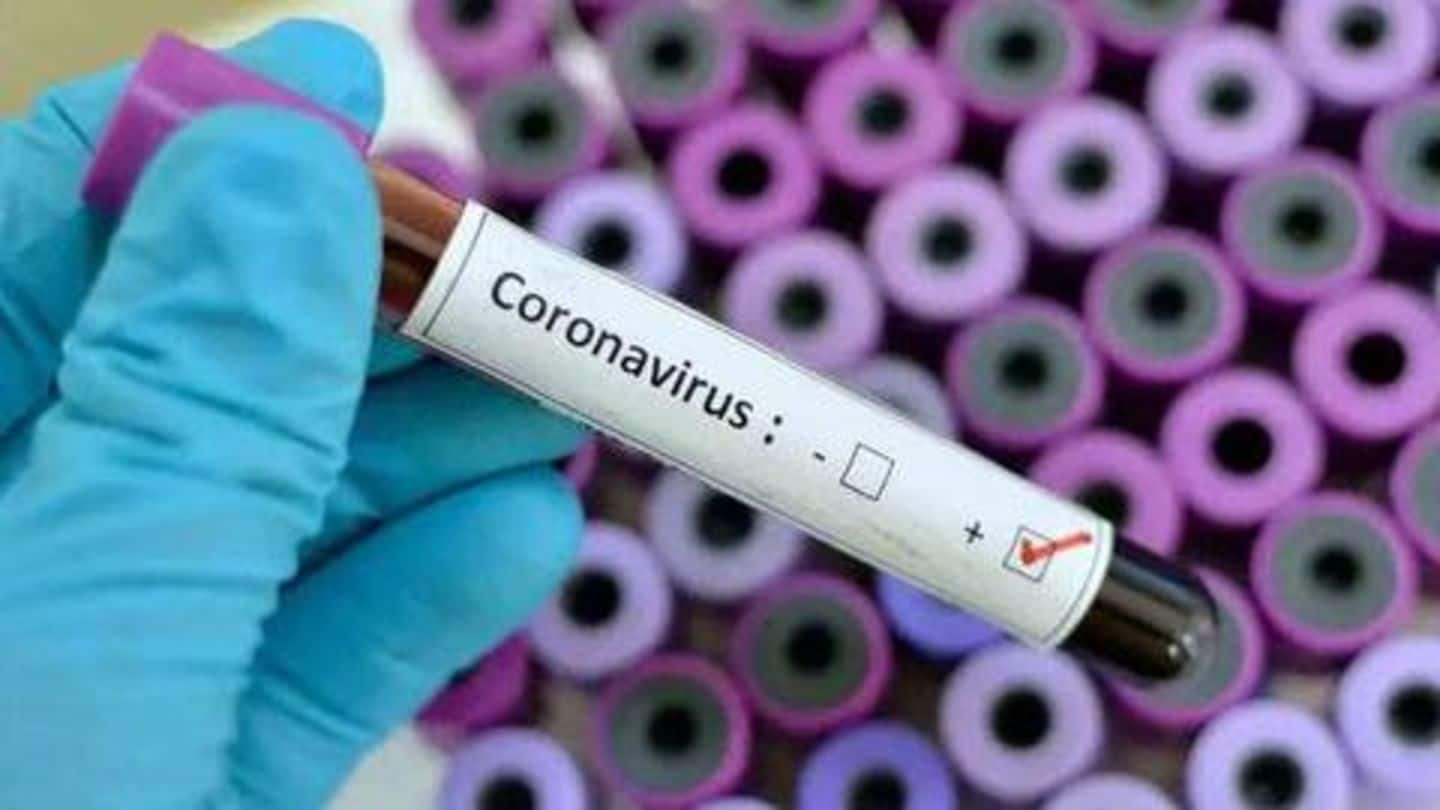
Scientists develop test to detect COVID-19 in 5 minutes
What's the story
As COVID-19 continues to wreak havoc worldwide, scientists are working around the clock to prevent its spread and bring things back to normalcy. Efforts are going on to develop a vaccine, but some teams are also working to boost the testing capacity. Case in point: a Singaporean team that is closing in on a test capable of detecting the infection in just five minutes.
Possibility
Testing situation for COVID-19
Current testing kits take around 7-8 hours to screen a sample and detect the presence of the novel coronavirus to confirm whether a patient has been infected or not. Recently, India's MyLab announced that this window can come down to 2.5 hours with its new testing kits. However, if we truly want to boost testing capacity, the turnaround time has to come down significantly.
Solution
This is where the Singapore-based team comes in
The much-needed testing solution now appears to be here, thanks to the researchers at the NanoBio Lab at the Agency for Science, Technology, and Research in Singapore. They have developed a method that looks for the genetic material of the novel coronavirus in the secretions - saliva or nose secretions - of a potentially infected individual, The Straits Times reported.
Working
Results in just 5 to 10 minutes
Once the secretions are collected using a swab, they are fed into a portable machine that uses a rapid mechanism called Cepat to multiply the genetic material in the sample exponentially. From there, the device determines if the novel coronavirus is present in the secretions and gives out a result confirming whether the person is infected or not in 5 to 10 minutes.
Cost
Plus, it's not even that expensive
The new testing mechanism is also more affordable than other existing methods to detect COVID-19. Current COVID-19 kits involve the use of a Polymerase Chain Reaction (PCR) machine to multiply and detect coronavirus genes. However, this method "photocopies" the genetic material at the rate of millions of copies per minute using a special lab-made enzyme, cutting the need for the expensive machine entirely.
Information
However, some roadblocks are still on the way
Right now, the team is optimizing the testing solution for patients with a wide range of viral loads. After that, within a month or so, the method would be submitted for necessary regulatory approvals so that it could be used in labs around the world.